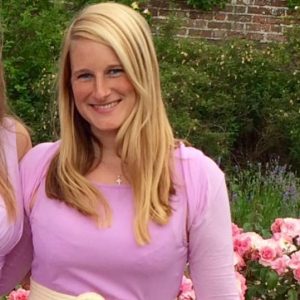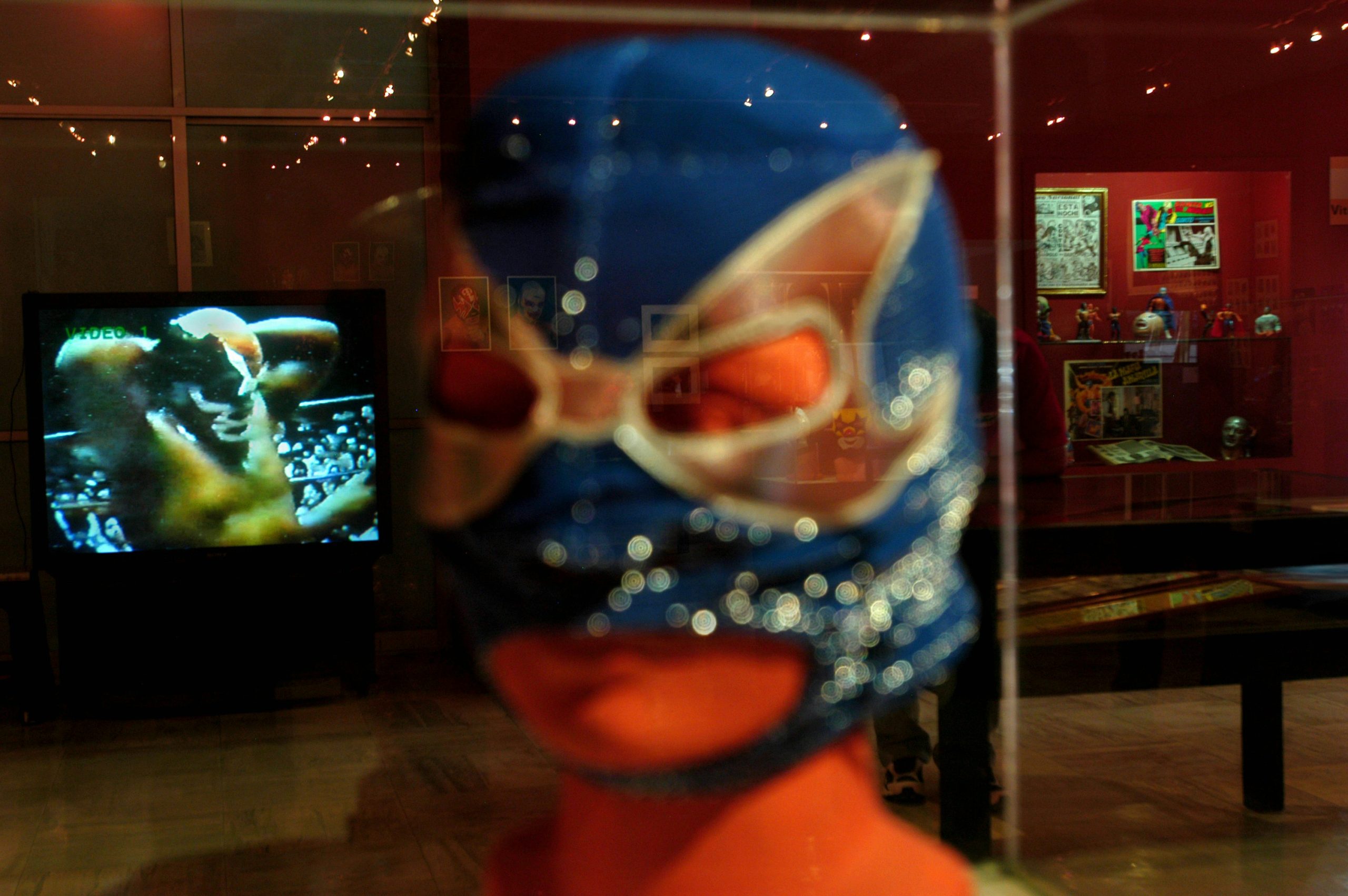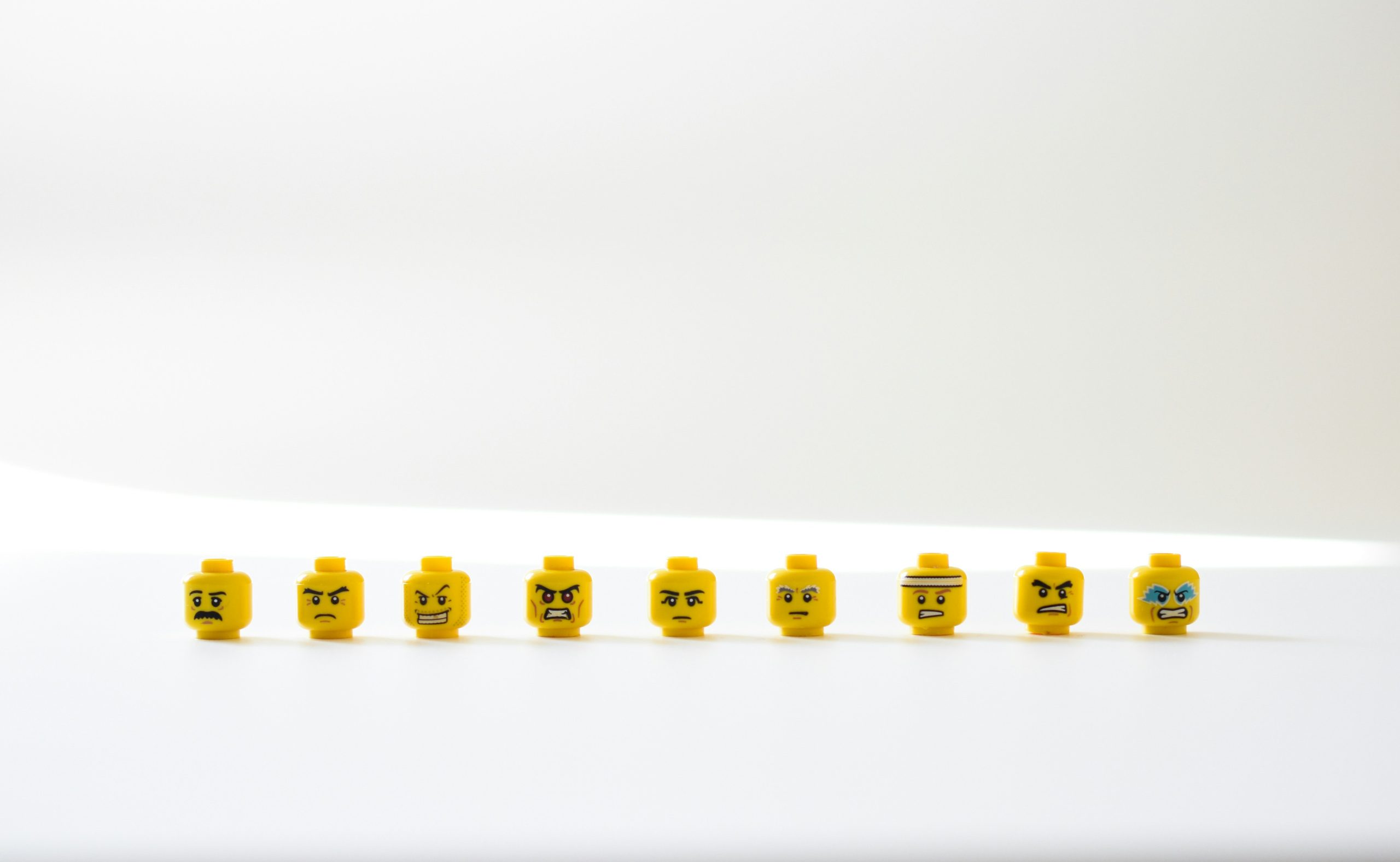Forget diamonds and pearls: free time has emerged as the greatest luxury of the 21st century, and spending it wisely rather than frittering it away has become the Holy Grail for those seeking to enjoy a richer and more fulfilling existence.
WXO CEO James Wallman was ahead of the curve in spotting the emergence of time as the ultimate modern-day luxury. In his book Time And How To Spend It Wallman explores the persistent problem of wasted time and presents readers with seven ways to create more meaningful days, from becoming the hero of your own story to being fully present by getting into a flow state.
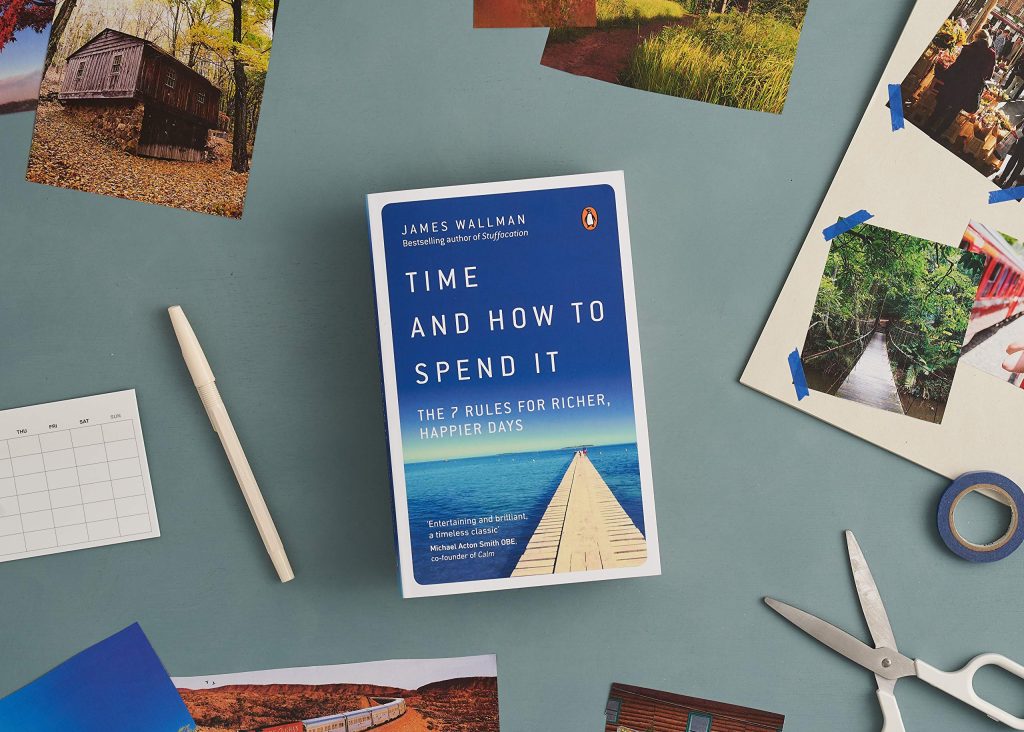
For our final Campfire of the season, we asked another time wizard, Alex Soojung-Kim Pang, to enlighten us on time well designed and the importance of making room for rest in our daily lives – as it’s often during these moments of downtime that our imaginations are given the chance to come up with big ideas.
Silicon Valley consultant Soojung-Kim Pang has mastered the art of time well spent, and has carved out the time to author three books on the topic, including Rest: Why You Get More Done When You Work Less, and his latest tome, Shorter: How Working Less Will Revolutionise The Way Your Company Gets Things Done.
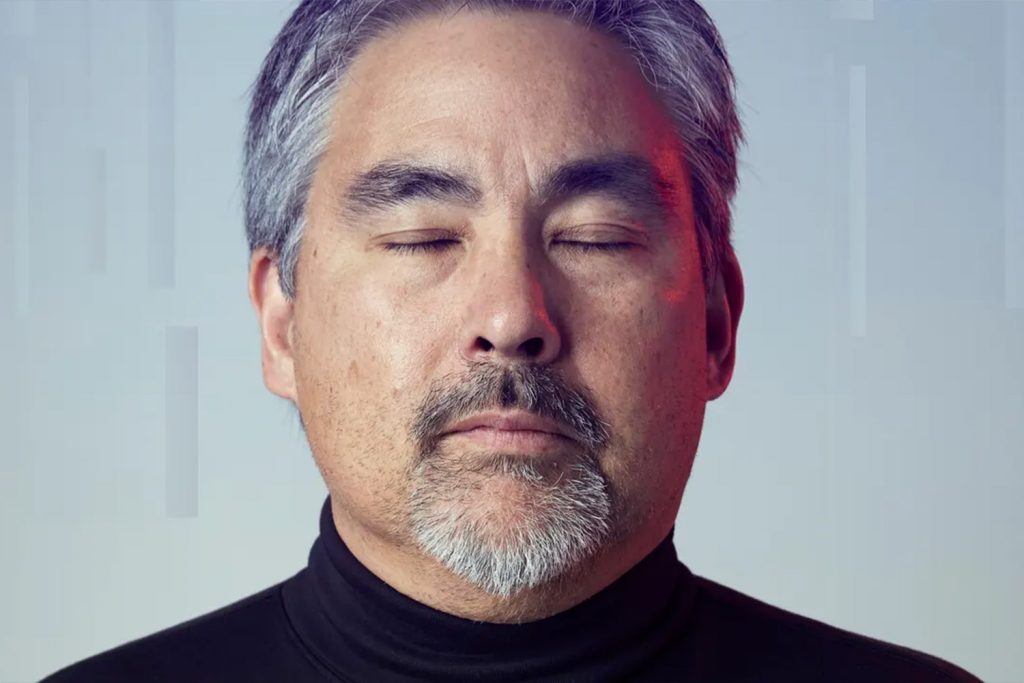
Rather than working ourselves to the bone for little reward – the pressures of presenteeism still exist, with over half of Americans failing to make the most of their paid vacation time – Soojung-Kim Pang argues that we’re actually more productive when work smarter rather than harder and factor in time for rest.
Having studied the role of rest in the lives of prolific people and over-achievers, rather than being a wasteful indulgence, Soojung-Kim Pang believes if we take more time off and spend our free time wisely, we’ll perform better in and outside of work as a result.
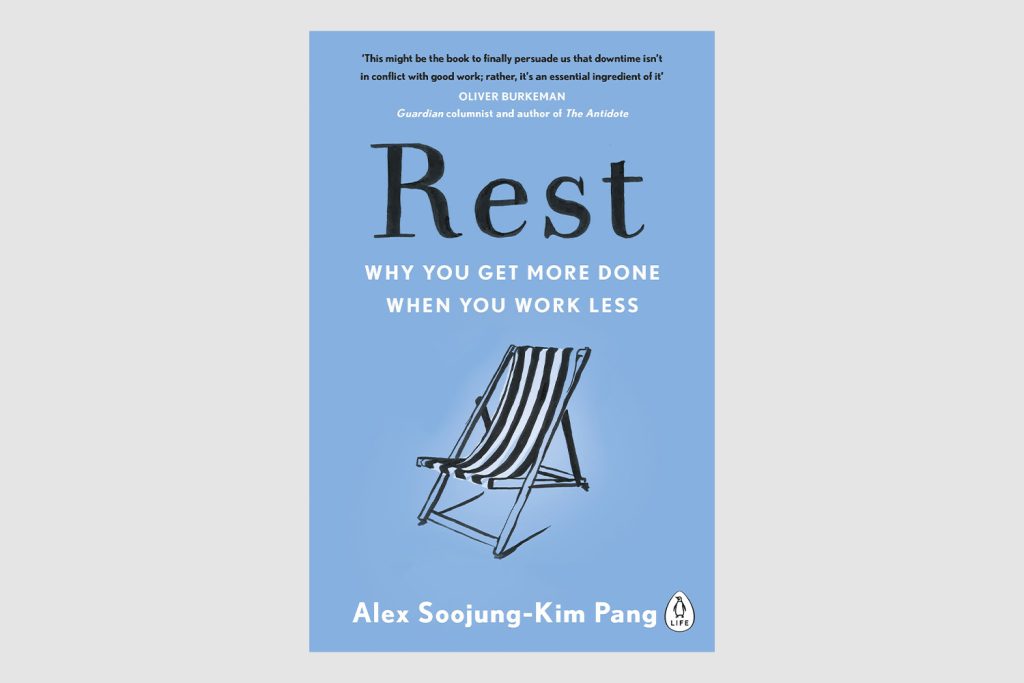
We’ve rounded up the 10 key points of his fascinating talk here.
Want to unpick them further? To continue the discussion, WXO Members can join the ongoing conversation here.
1. Take Rest Seriously
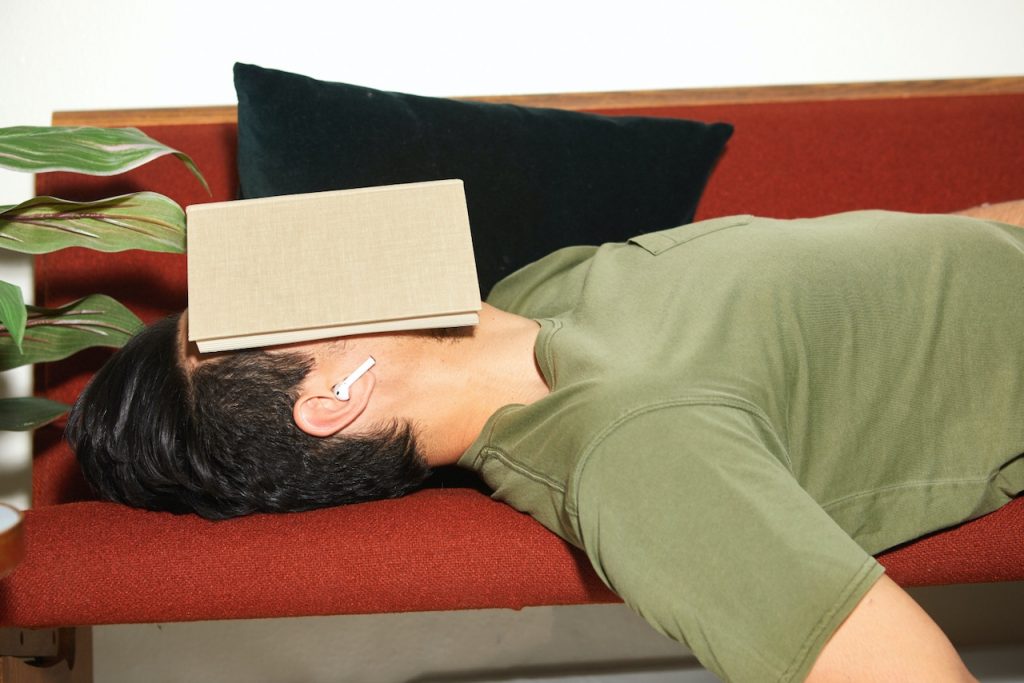
While work is always taken seriously and seen as a valiant pursuit, time off is often approached with suspicion and idleness looked down upon as wasteful. Soojung-Kim Pang believes we’ve got it all wrong, and that, rather than feeling guilty about enjoying our down time, we should be taking our rest time as seriously as the time we spend working, and should approach it with equal vigour and intent.
Time off is strongly associated with feelings of guilt, which can be assuaged if people are reminded of the benefits of down time to our performance at work. Researchers at Columbia, Harvard and Georgetown universities have found that a ‘functional alibi’ can be helpful when it comes to taking time off, as we’re more likely to enjoy a leisure activity if it can improve our productivity at work.
“Don’t think about rest as a competitor to work or something you do when you’re done with everything else. Take it seriously, make it part of your daily practices and see it as an essential compnonet of your creative life.”
Alex Soojung-Kim Pang
Samantha Hardcastle pointed out that people experience rest in different ways based on their backgrounds, opening up opportunities to educate people on what rest looks like to different cultures and how it’s experienced differently around the world.
2. Make Rest Part Of Your Daily Routine

Soojung-Kim Pang feels the way we work needs a drastic overhaul, as it’s largely based around false assumptions, such as passion demanding sacrifice and the idea that work and rest are competitors battling it out for our attention.
He views work and rest as two halves of the same coin – and duel states that can enjoy a symbiotic relationship rather than sparring rivals.
Charlotte-Amelie Veaux highlighted the importance of taking proper breaks during the working day that take you away from your office and allow your mind to wander, rather than eating lunch at your desk and mindlessly scrolling on Instagram.
“Taking breaks in liminal spaces that aren’t at home or work are important. Me and my co-founder have breakfast meetings at a French café, which allows for creative moments linked to work without being in the office.“
Charlotte-Amelie Veaux
Rest can take different forms depending on the needs of the individual, and quality trumps quantity when it comes to downtime. “Rest can provide fresh ideas and solutions, and can help take you out of your routine, nourishing you if you’re physically, emotionally or mentally tired,” Mike Gunawan said.
3. Rest Is An Active Skill

Rather than being something we enjoy passively, Soojung-Kim Pang argues that rest is active, and a physically and mentally engaging skill that we can hone like an athlete trying to improve their lap time or singer perfecting their scales.
Lori Buscaglia gave the example of a series of nine abstract artworks in the liminal spaces in the building for public health scientists in Atlanta that workers can stare at and get lost in, allowing their mind to wander and providing them with a restful boost that might spark ideas, like staring into a campfire.
Smokers are given a creative advantage at work, as going for cigarette breaks gives them valuable free time to turn over ideas in their mind. Wallman suggested designing the equivalent of the cigarette break into experiences that provide similar creative benefits to attendees.
4. Rest Fuels Your Creativity

Rest plays an important role in the creative process, so failing to make time for it can hamper your creativity. WXO new recruit Victoria Taylor, gave the joyful example of blowing bubbles from a wand whenever she’s seeking inspiration and wants her mind to wander.
“Bubbles are pockets of possibility – a signal to dream more, a switch-off point, and permission to play.
If I’m creating magic for other people, I need to create the conditions for magic to happen to me. I have a little tube of bubbles that gives me permission to switch off and play. We come up with better solutions and creative experiences when we’ve not got the pressure of designing them on us.”
Victoria Taylor
5. Work Smarter, Not Harder
Having done a deep dive into the lives of successful people, Soojung-Kim Pang found a number of parallels popping up. These people tend to organise their lives around their work but not their days; they only spend around four to five hours a day working rather than burning the midnight oil, and they make time for hobbies and leisure pursuits, treating weekends and holidays as sacred.
One way that we can enjoy more time off is by working smarter, not harder. Granted, a lot of life’s big achievers, from Charles Darwin to Lord Byron, were independently wealthy, giving them time to focus on creative pursuits rather than having to scrape a living, but Darwin was smart in his approach to work, rising early and getting the bulk of his writing done in the morning when his mind was at its sharpest.
Soojung-Kim Pang pointed out that Darwin also made use of his ‘thinking path’ at the edge of his property, walking its length each day to allow his mind to wander and ideas to percolate.
6. Make Time For Deep Play

As adults it’s easy to view playtime as something childish and unnecessary, but Soojung-Kim Pang believes we should all be making more time for ‘deep play’ in our lives. Similar to flow, deep play is an intensely dramatic and engrossing high stakes form of play where the elements are taken to transcendent new heights.
(The term “deep play” was conceived by anthropologist Clifford Geertz in his essay: Deep Play: Notes on The Balinese Cockfight.)
Rather than indulging in junk-food experiences, like aimlessly scrolling through Instagram or binge-watching shows on Netflix, we should be prioritising super food ‘deep play’ experiences that nourish us, like getting out into nature and making the most of the great outdoors.
Soojung-Kim Pang pointed out that Sir Winston Churchill was an accomplished painter who relished the strategic challenge and clear mind needed to produce great art, and enjoyed the outdoor respite it gave him from his political duties.
“Finding hobbies that offer you the same kind of satisfaction you get from your work when it goes well allows for restoration and helps to get you out of the office.“
Alex Soojung-Kim Pang
Flipping Cal Newport’s idea of ‘deep work’ on its head, Wallman believes ‘deep play’ is leisure time that “satisfies our need to experience the kind of accomplishment that we look for in our work”, and often involves engagement with nature, serious focus and a clear outcome.
The things you’re passionate about in your work can also find expression in your play. Flow is so interconnected with what real rest is. When you’re in the moment, you lose track of time, which also happens at work.
James Wallman
Miles Wagner views ‘deep play’ as a nourishing and restorative meditative state that you can get lost in, from the runner’s high to playing an instrument. While a good idea, he feels building restorative moments into an experience is difficult, as it hinges on the visitor’s interpretation of a space rather than it being scripted.
7. Shape Your Workday Around Your Productivity Peak

Focused hours of work beat long hours, and Soojung-Kim Pang recommends matching your working hours to your natural circadian rhythms, reserving your most demanding tasks for the hours when your body and mind are most alert. If you’re a morning person, wake up earlier and seize even more of the day.
If you’re a night owl, allow yourself a little longer in bed, then keep on going once you reach your flow state when everyone else has logged off for the day. Rather than going full pelt and burning out, work should be approached in a sustainable way as something you can pursue and perfect over the course of many decades.
“Layer periods of work and rest so you give your creative subconscious a chance to turn over ideas while your attention is placed on something else. The more you can do this, the more likely you are to have unexpected moments of insight or new ideas.“
Alex Soojung-Kim Pang
8. Carve Out Time To Exercise

Work should be layered with periods of deliberate rest, from going for a walk to an intense gym session or a period of pruning in the garden – a break from work that isn’t very intellectually demanding gives your mind time to turn over ideas.
We all know that exercise has numerous health benefits, but it turns out it can improve your performance at work too. A long-term study of scientists in Southern California over 40 years found that the highest performers were the ones that carved out time for sports during their working week.
While the sports-averse lower performers were no less intelligent, the sportier scientists had to be better organised about how they spent their time, which gave them the edge – while getting lost in their favourite sport provided a release valve from the pressures of work.
9. OOO: Holidays Breed Big Ideas
We live in a culture that’s obsessed with productivity and wear our busyness like badges of honour, but flicking on your Out Of Office and jetting off to spend a week on a beach might just give you the time and headspace to come up with a killer idea.
During his talk, Soojung-Kim Pang revealed that a fifth of start-ups in Silicon Valley are based on ideas that the founders had when they were on vacation. He gave the example of Lin Manuel Miranda having the idea for Hamilton when he took a copy of Alexander Hamilton’s biography on holiday after seven years of working on his musical, In The Heights. “As soon as I gave my mind a break from In The Heights, Hamilton jumped into it,” Miranda said.
10. Move To A Four-Day Week
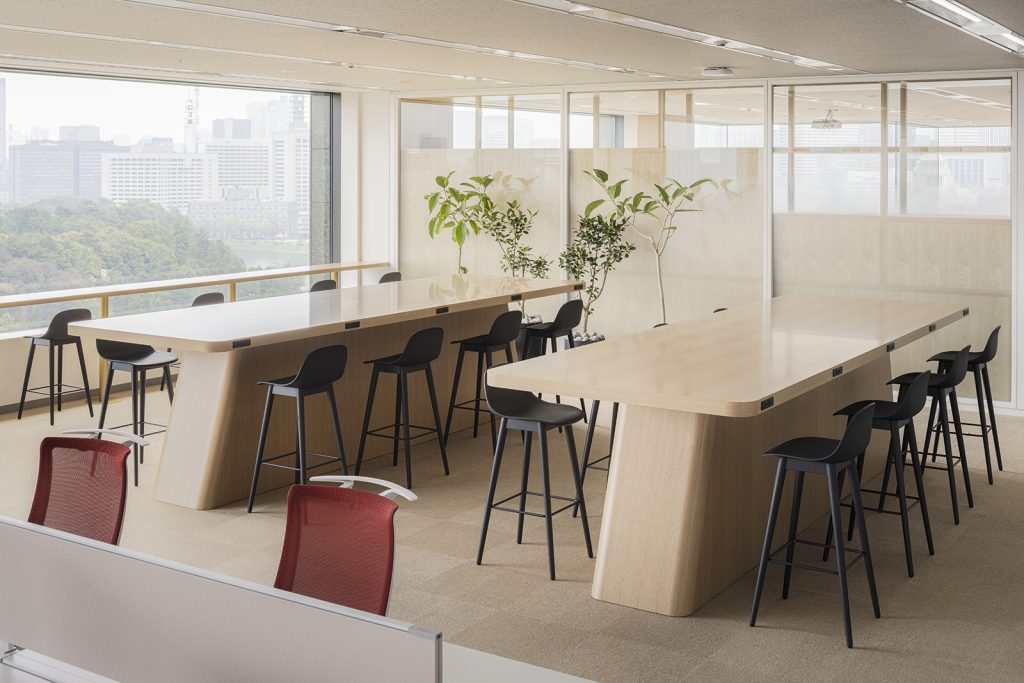
The four-day week movement is gathering momentum all over the world, even in workaholic countries like Japan, which Soojung-Kim Pang is heartened to see. He advocates working a four-day week as it democratises rest and makes room for more leisure time among both high performers and essential workers.
“The four-day week movement is taking hold all over the world, even in countries like Japan and Korea that have words for ‘working yourself to death’.”
Alex Soojung-Kim Pang
The answer lies in redesigning the working day to give everybody time for ‘deep work’. By using tech in a way that’s focused and mindful, and having ten-minute stand-up meetings rather than hour-long gatherings, the five-day week can be condensed into four, improving company culture without sacrificing productivity.
The WXO Take-Out
Work verses time off isn’t a zero sum game – more leisure time may mean fewer hours working, but it will mean more productivity. We need to approach rest as an active skill that can be honed and improved. Rather than a passive pursuit, during our rest time we need to create the space and opportunity for mind-wandering, tinkering and exploration, as that’s where the magic happens.
When we design experiences, if we can convince people that they will emerge as smarter, more well-rounded individuals, we have a much better chance of persuading them to book the time off and trust us with their hours, and their wallets.
When you’re next designing an experience, ask yourself:
- Does this experiences provoke creativity and curiosity and expand people’s minds?
- Have I created an experience that people will be happy to spend their precious time and money on?
- Am I designing for deep play? Am I thinking about the things people get a buzz from at work and providing a similar version in the play scenario?
- Am I building restful and restorative moments into my experiences?
To continue the discussion, WXO Members can join the ongoing conversation here.
Want to be part of the most inspiring experience conversations in the world? Apply to become a member of the World Experience Organization here – to come to Campfires, become a better experience designer, and be listed in the WXO Black Book.


